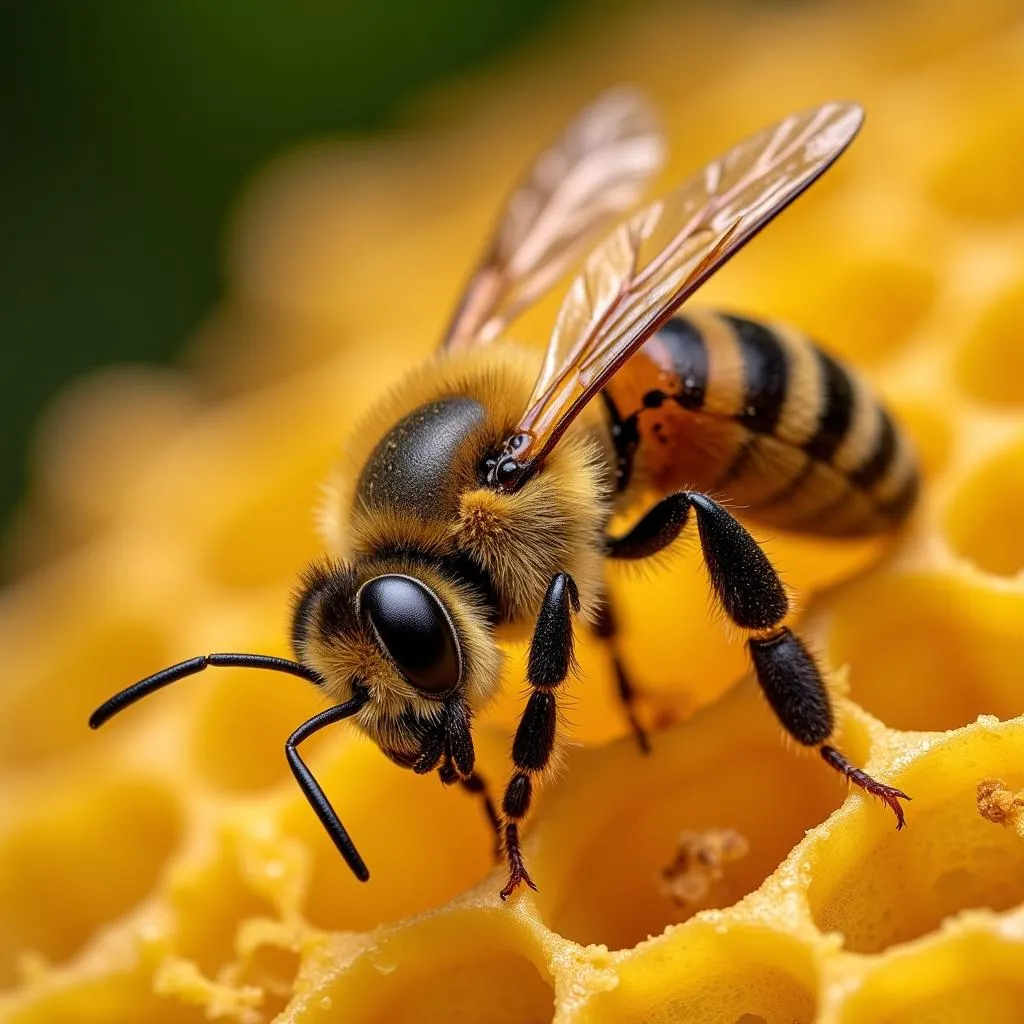African Elephant Endangered Animals WWF: A Giant in Peril
The African elephant, a symbol of strength and wisdom, is facing a critical threat to its survival. Listed as endangered by the WWF (World Wide Fund for Nature), these magnificent creatures are rapidly declining due to a combination of factors, primarily driven by human activities. It’s imperative that we understand the challenges facing these animals and the efforts being made to ensure their future.
Threats to African Elephants
Several factors contribute to the endangered status of African elephants:
- Poaching for Ivory: The illegal wildlife trade, driven by high demand for ivory, is a major threat. Poaching has decimated elephant populations, leaving lasting consequences for their social structure and ecosystem.
- Habitat Loss: As human populations expand, elephant habitats are increasingly fragmented and degraded. This leads to competition for resources and increases the likelihood of human-elephant conflict.
- Human-Elephant Conflict: This arises when elephants raid crops or damage property, leading to retaliatory killings. With shrinking habitats, such conflicts are becoming more frequent and severe.
- Climate Change: Droughts and unpredictable weather patterns exacerbate the challenges facing elephants, making access to water and food more difficult.
The Role of WWF in Protecting African Elephants
The WWF plays a crucial role in the fight to save African elephants. Their efforts encompass a multi-faceted approach:
- Anti-poaching initiatives: WWF supports ranger teams, provides training and equipment, and works with governments to strengthen law enforcement and combat illegal wildlife trade.
- Habitat conservation: WWF works with local communities and governments to establish protected areas, create wildlife corridors, and promote sustainable land-use practices.
- Community engagement: WWF recognizes the importance of involving local communities in conservation efforts. They work with communities to develop sustainable livelihoods that are compatible with elephant conservation.
- Advocacy and policy: WWF advocates for stronger laws and policies to protect elephants, working with governments and international bodies to address the root causes of poaching and habitat loss.
Why are African Elephants Important?
African elephants are not just iconic animals; they play a vital role in maintaining the health and balance of ecosystems:
- Ecosystem Engineers: Elephants shape their environment by creating clearings in forests, digging waterholes, and dispersing seeds over long distances. These actions benefit numerous other species.
- Keystone Species: Their presence supports the biodiversity of their ecosystems, ensuring the survival of many other plant and animal species.
- Cultural Significance: Elephants hold deep cultural and spiritual significance for many African communities, representing wisdom, strength, and prosperity.
What Can You Do to Help?
Everyone can play a role in protecting African elephants:
- Support Conservation Organizations: Donate to reputable organizations like WWF that are working to conserve elephants.
- Choose Sustainable Products: Avoid purchasing ivory or products made from elephant parts. Choose sustainable alternatives and support companies committed to ethical sourcing.
- Spread Awareness: Educate yourself and others about the threats facing African elephants. Share information on social media, talk to your friends and family, and support efforts to raise awareness.
- Be a Responsible Tourist: When visiting areas where elephants live, choose responsible tour operators who prioritize animal welfare and conservation. Follow guidelines and regulations to minimize your impact.
The Future of African Elephants
The future of African elephants hangs in the balance. While the challenges are immense, there is hope. With continued conservation efforts, increased awareness, and a collective commitment to their protection, we can ensure that these magnificent animals continue to roam the African savanna for generations to come.
Frequently Asked Questions about African Elephants
1. What is the difference between African elephants and Asian elephants?
African elephants are larger than Asian elephants and have larger ears. They also have two finger-like tips on their trunks, while Asian elephants have only one.
2. How many African elephants are left in the wild?
There are estimated to be around 415,000 African elephants left in the wild.
3. What is being done to stop the ivory trade?
International agreements have banned the trade in ivory, and many countries have strengthened laws and enforcement efforts. Organizations like WWF work to combat poaching and reduce demand for ivory.
4. How can I help protect African elephants?
You can support conservation organizations, choose sustainable products, spread awareness, and be a responsible tourist. Even small actions can make a difference.
5. What is the role of local communities in elephant conservation?
Local communities play a critical role in elephant conservation. They are often the first line of defense against poaching and habitat loss, and their knowledge and involvement are essential for successful conservation efforts.
Other Resources
For more information about African elephants and how you can help, visit:
- African Elephant Volunteer Programs
- African Elephant Facts National Geographic
- Adult African Elephant
The African elephant, an endangered species, needs our help. By understanding the threats they face and supporting organizations like WWF, we can work together to ensure their survival.
For any further inquiries or assistance, please contact us at:
Phone Number: +255768904061
Email: kaka.mag@gmail.com
Address: Mbarali DC Mawindi, Kangaga, Tanzania.
We have a 24/7 customer support team ready to assist you.


